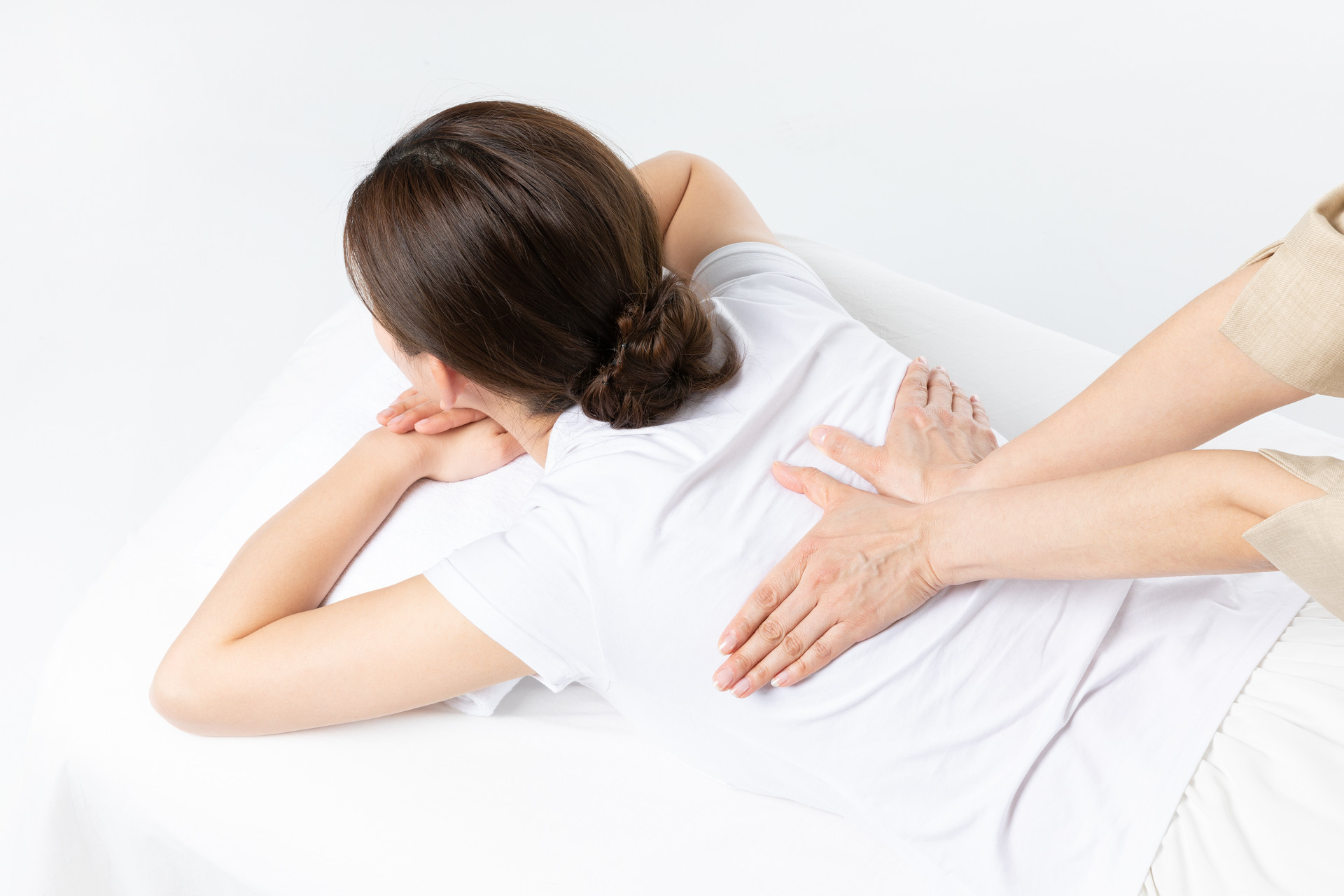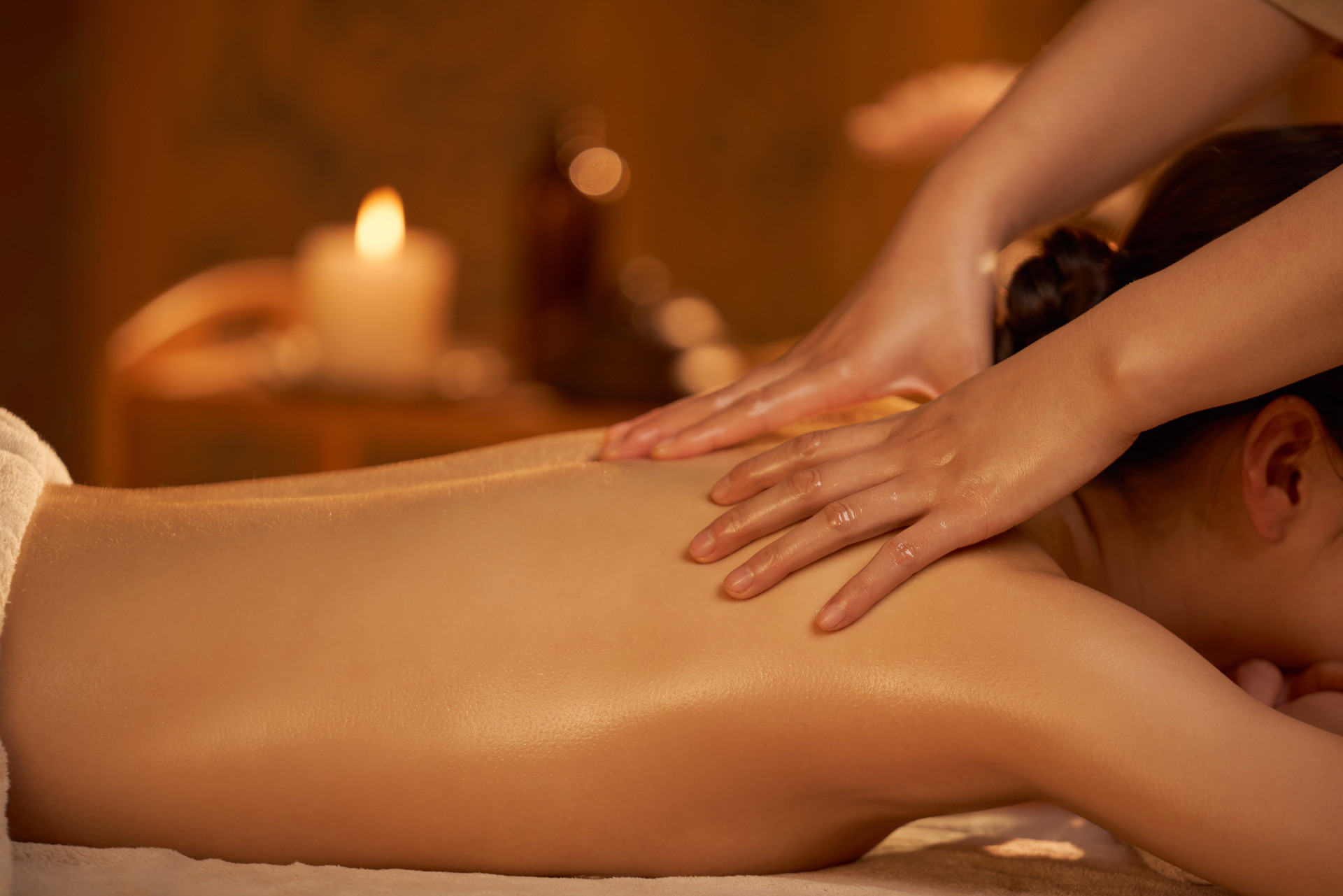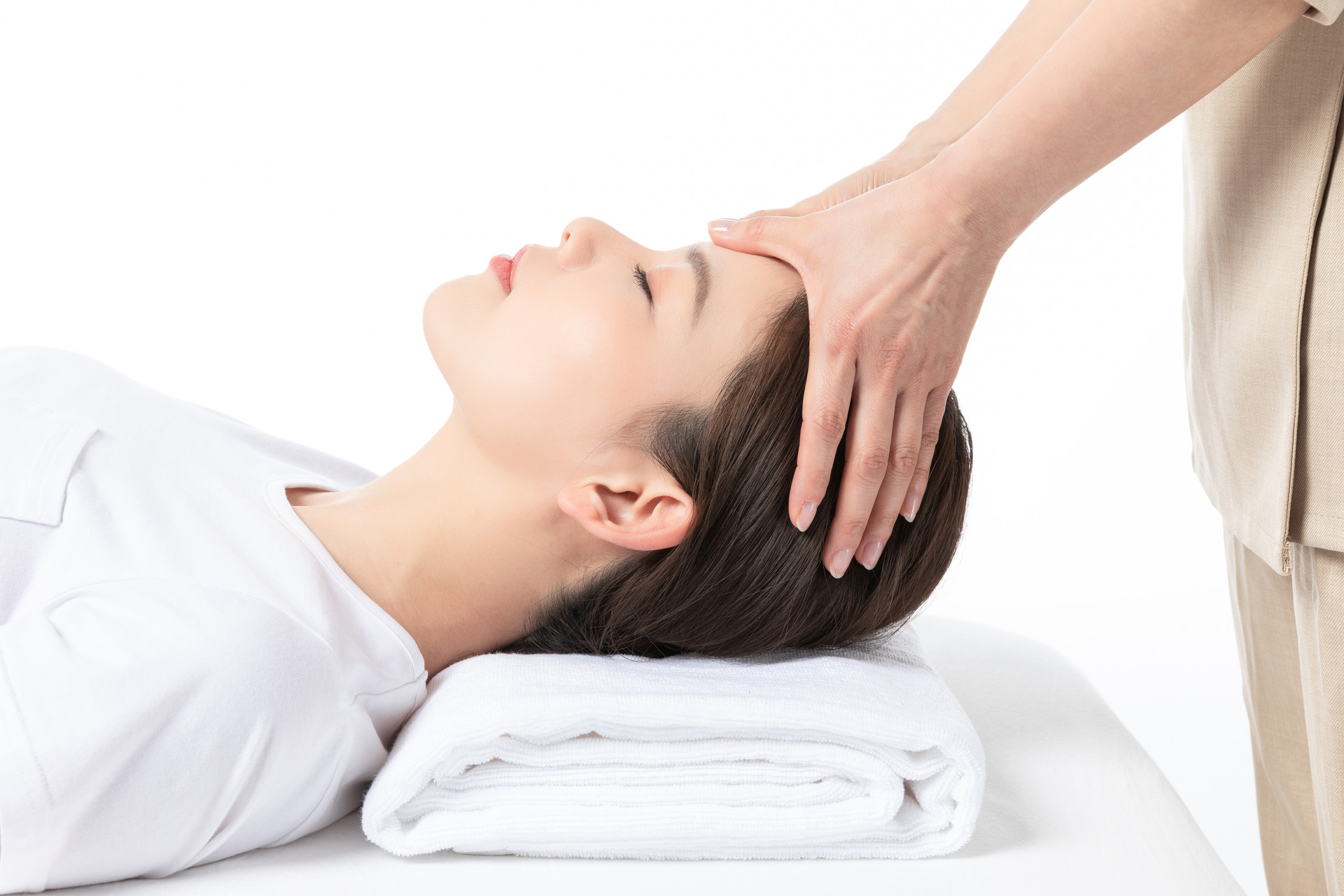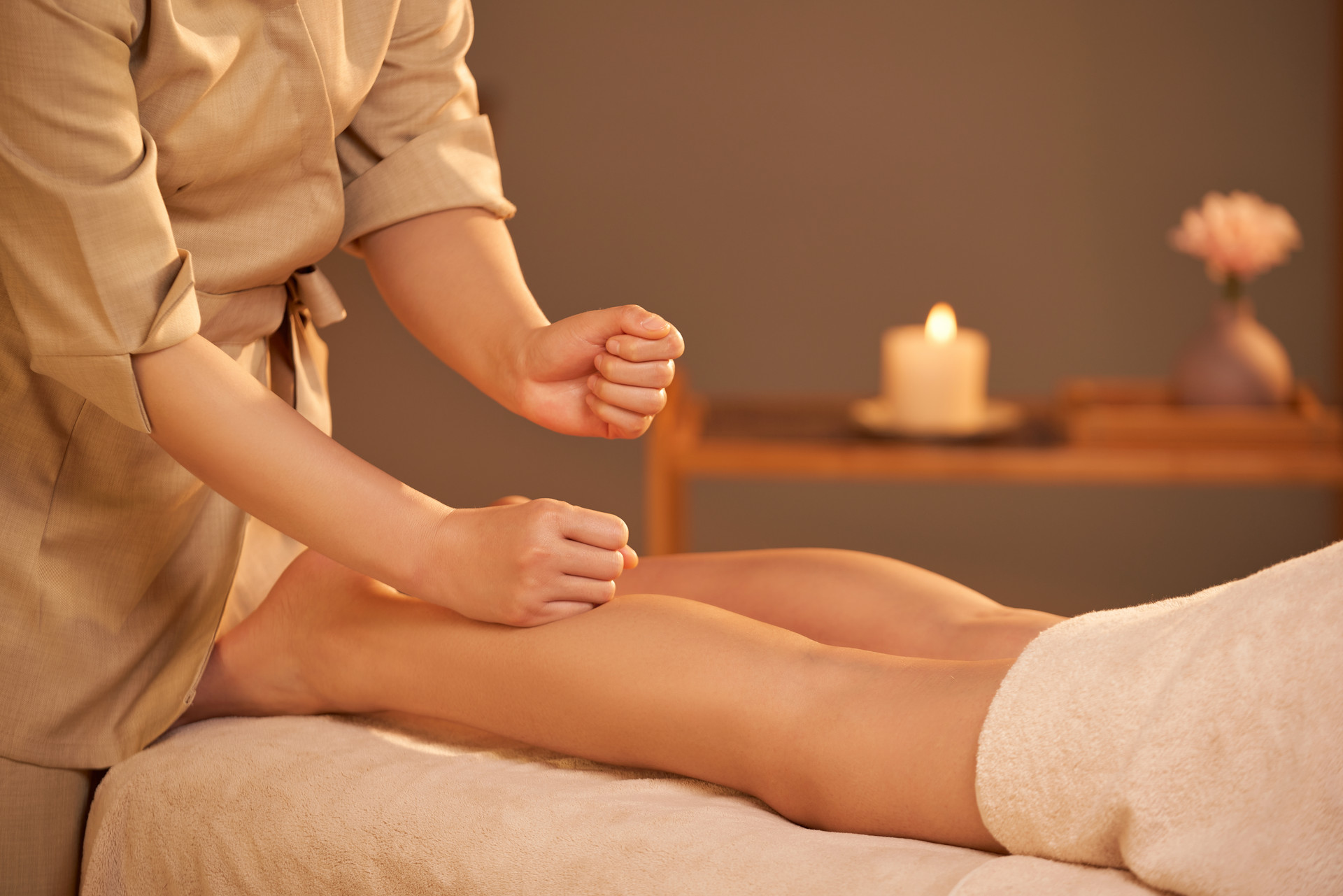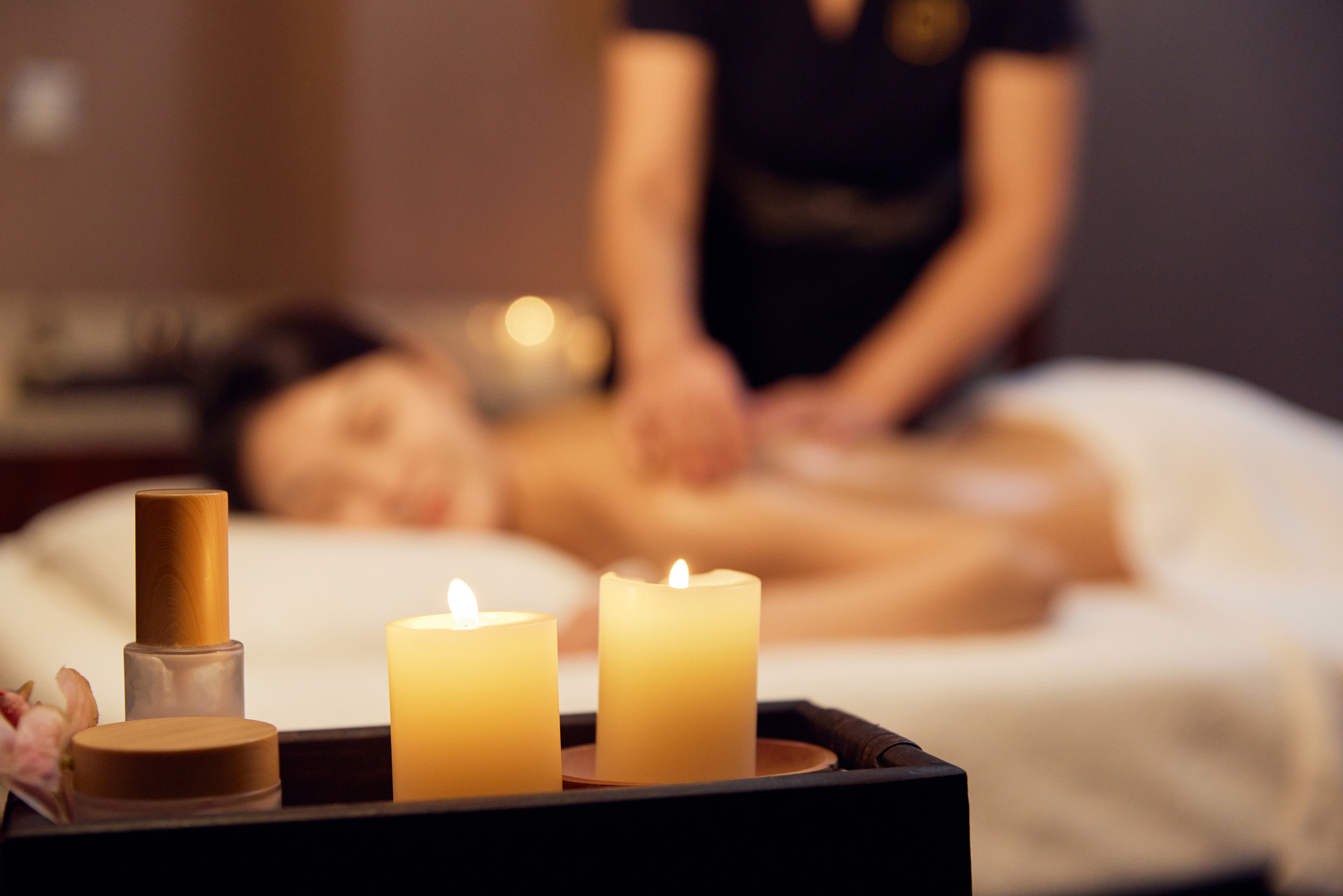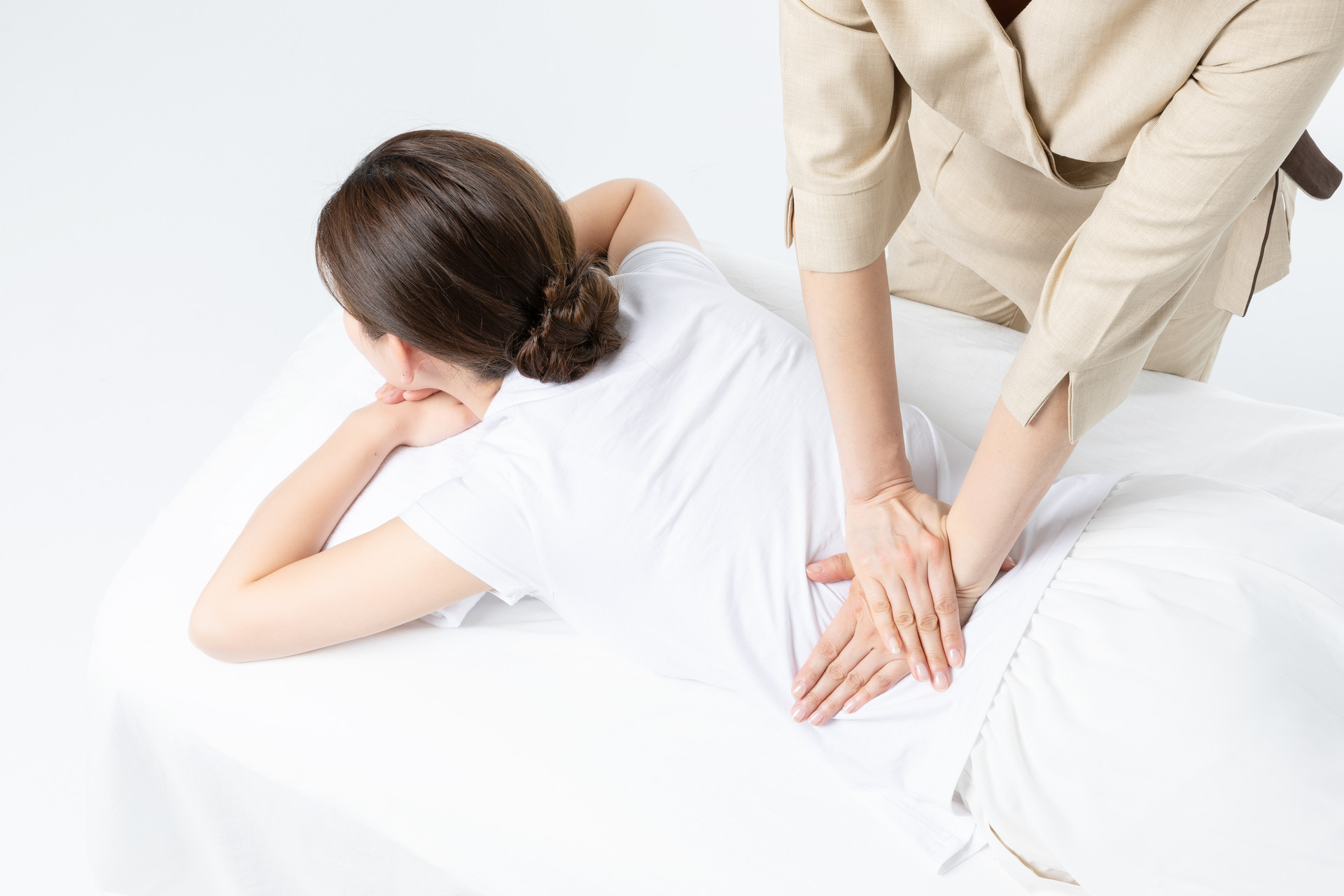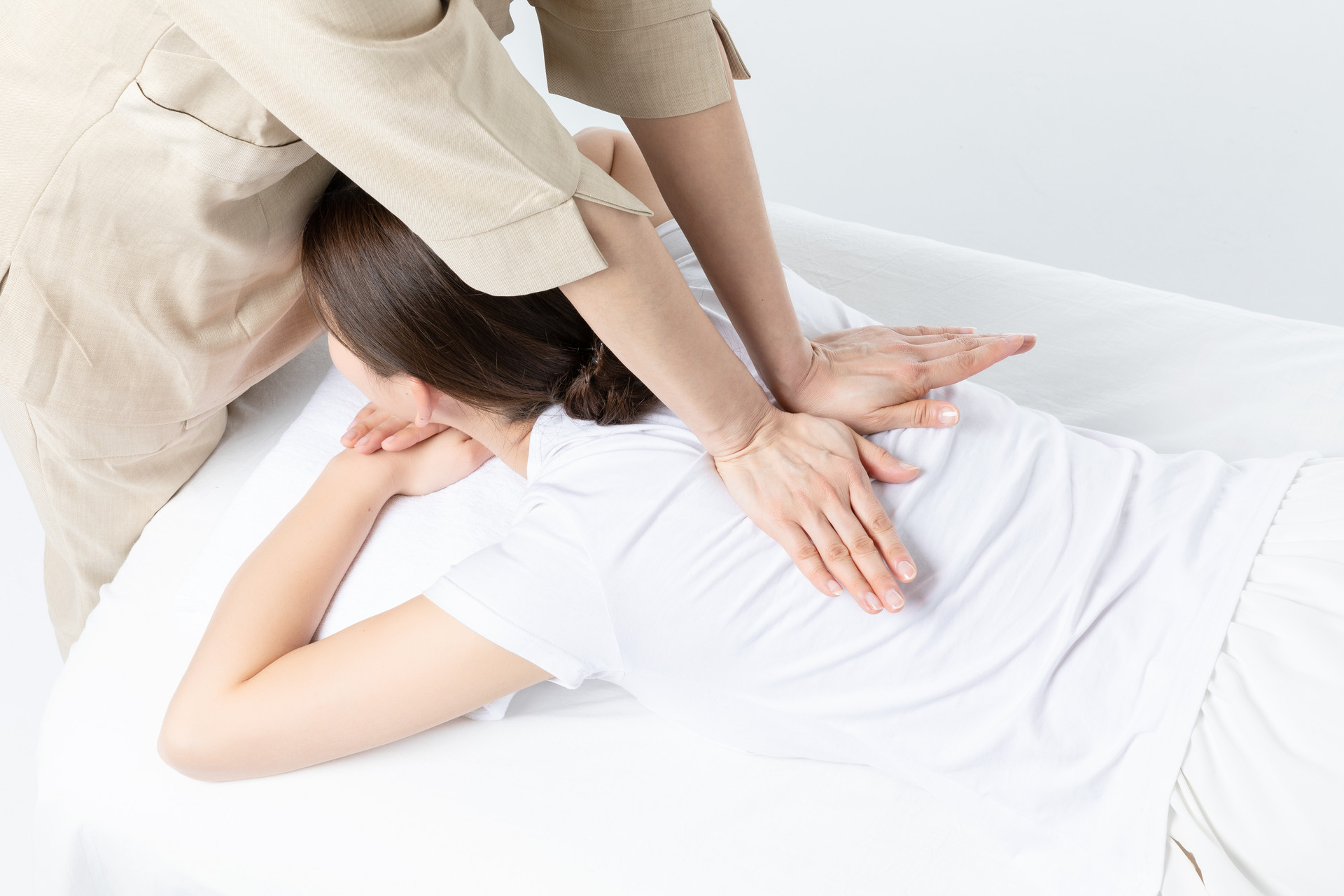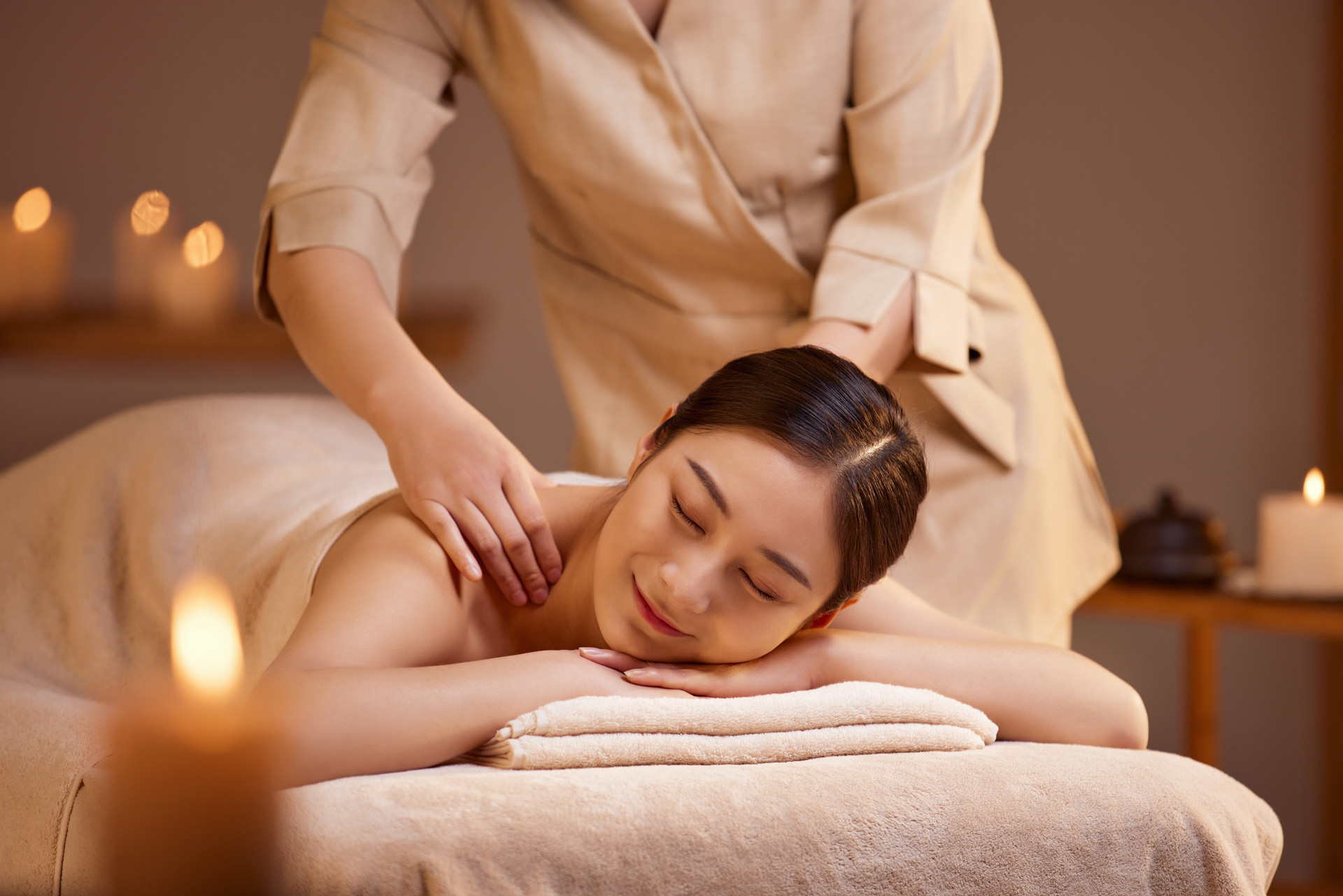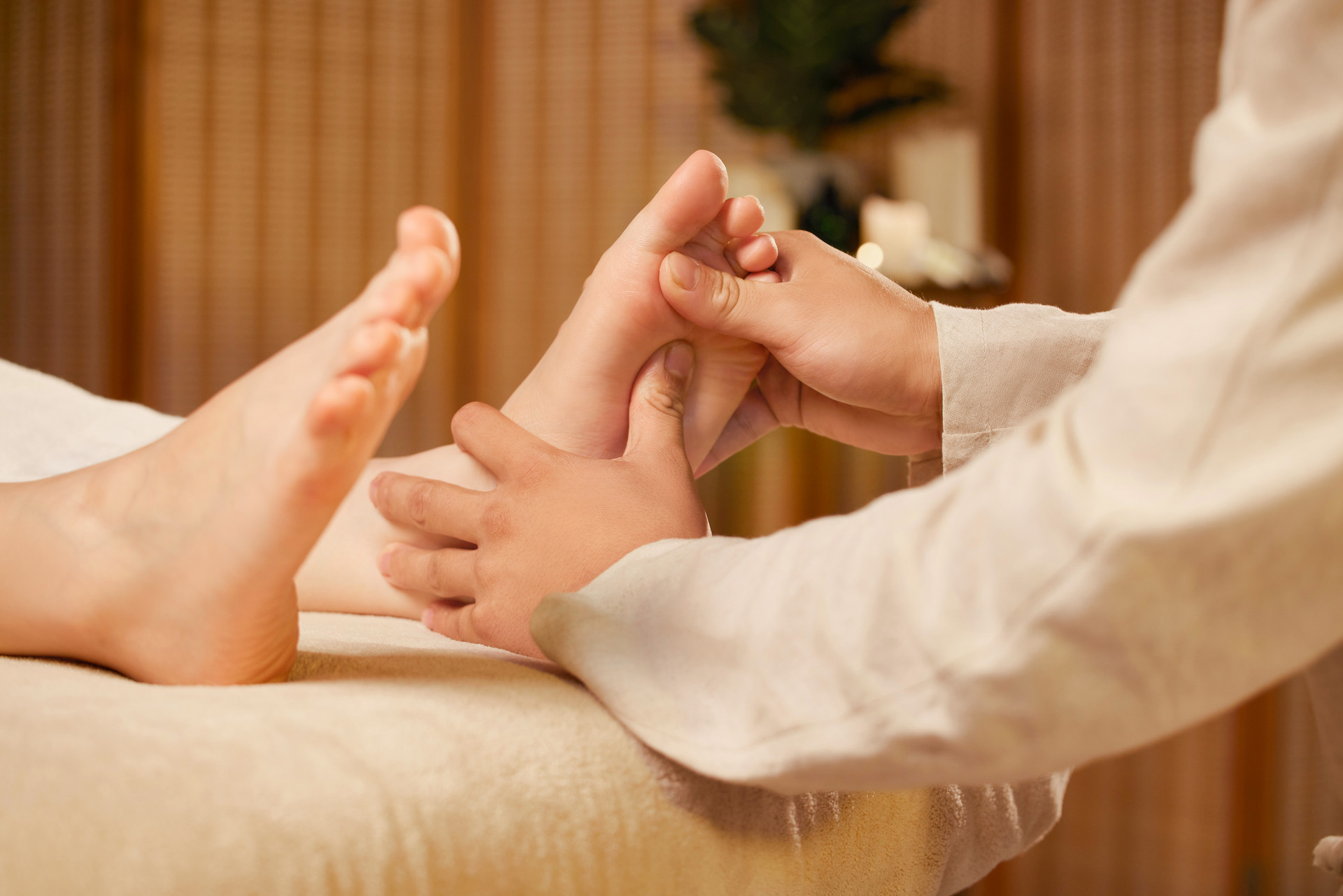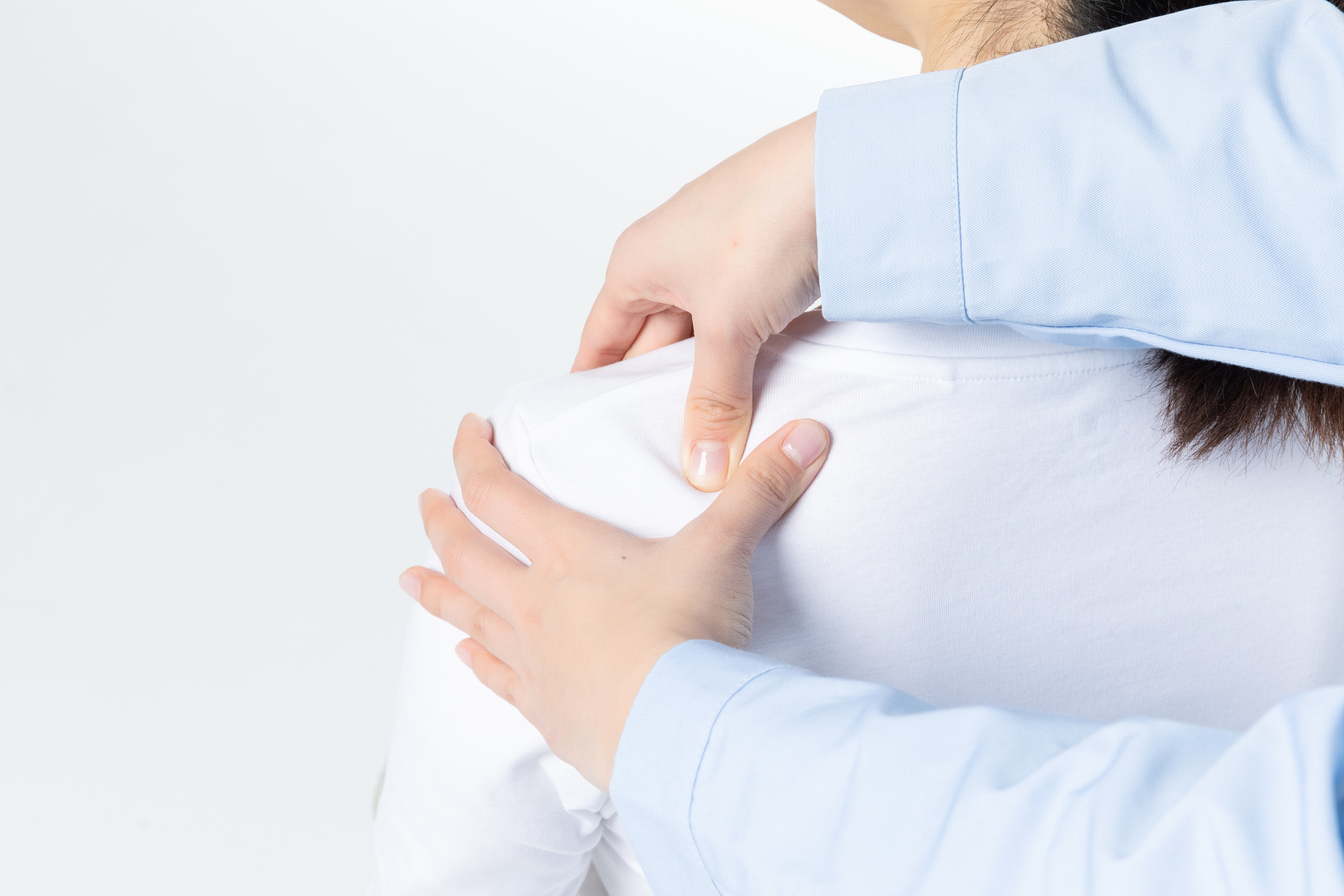"Spontaneous sweating" and "night sweats" are two common internal diseases. The biggest difference between the two lies in the timing of occurrence. Night sweats occur at night and the most common symptom is excessive sweating during sleep, while spontaneous sweating occurs during the day. The symptoms of the two are different, but they both indicate deficiency of qi and blood, with spontaneous sweating being more related to deficiency of lung qi. According to traditional Chinese medicine, sweat is the fluid of the heart, and excessive sweating can damage the heart yin. Therefore, the best way to nourish the heart is to start with the heart meridian.
[Massage Method]
Start by finding the Yinxi acupoint and Shaohai acupoint on the heart meridian. Massage each acupoint 80 times, then massage the Houxi acupoint on the small intestine meridian and the Fulu acupoint on the kidney meridian, 80 times for each acupoint. Repeat this process 3 times a day. This method has a very good effect on treating spontaneous sweating and night sweats. However, it is important to note that if spontaneous sweating occurs only occasionally, there is no need to panic. It may be caused by mental stress or excessive fatigue, and generally does not require special treatment. It is enough to adjust the mood.
[Massage Acupoints]
1. Yinxi acupoint: On the palm side, on the radial side of the flexor carpi ulnaris tendon, 0.5 inch above the transverse wrist crease.
2. Shaohai acupoint: Bend the elbow. At the midpoint of the line connecting the inner end of the transverse elbow crease and the upper inner condyle of the humerus.
3. Houxi acupoint: On the ulnar side of the palm. When slightly clenched, at the red and white flesh junction on the distal side of the little finger's proximal joint (5th finger metacarpophalangeal joint).
4. Fulu acupoint: On the inner side of the lower leg, 2 inches above the Taixi acupoint, in front of the Achilles tendon.
[Dietary Considerations]
Middle-aged and elderly people who are prone to spontaneous sweating should pay attention to dietary regulation. Eat more chicken, duck, fish, eggs, Chinese yam, lentils, and black plum. Avoid eating raw and cold melons and vegetables, and eat less cold dishes. Moderate sexual activity and drink plenty of water to maintain normal fluid volume.
Many times, "spontaneous sweating" and "night sweats" are not simply occurring on their own, but rather symptoms of other diseases. For example, tuberculosis, autonomic nervous dysfunction, and other conditions can also cause spontaneous sweating and night sweats. In such cases, the above methods may not be sufficient, and it is necessary to actively treat the underlying diseases.


